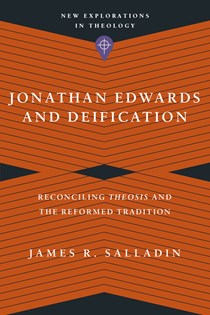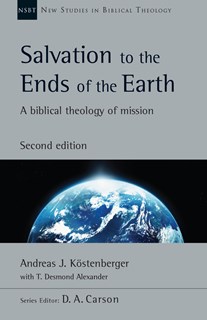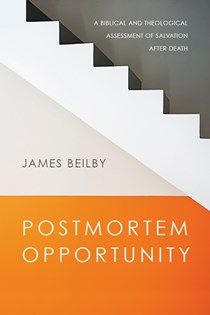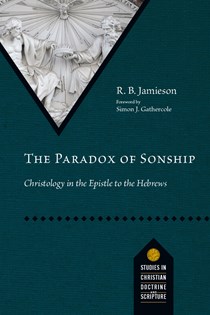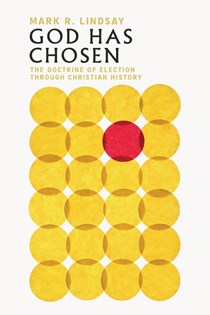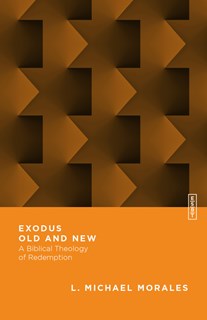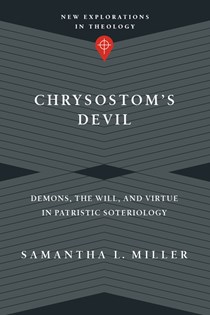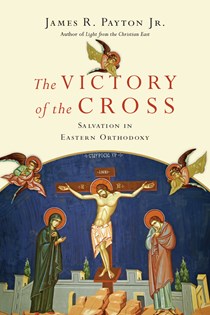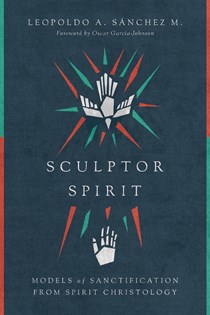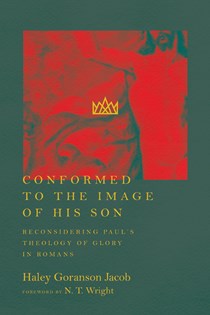Soteriology
-
Jonathan Edwards and Deification
Reconciling Theosis and the Reformed Tradition
New Explorations in Theology
by James R. Salladin
The language of deification, or participation in the divine nature as a way to understand salvation, often sounds strange to Western Christians. But perhaps Western theologies have more in common with theosis that we thought. James Salladin considers the role of deification in the theology of Jonathan Edwards, exploring how Edwards's soteriology compares with the broader Reformed tradition.
-
Salvation to the Ends of the Earth
A Biblical Theology of Mission
New Studies in Biblical Theology
by Andreas J. Köstenberger
With T. Desmond Alexander
Series edited by D. A. CarsonThe saving mission of Jesus constitutes the foundation for Christian mission, and the Christian gospel is its message. This second edition of a classic NSBT volume emphasizes how the Bible presents a continuing narrative of God's mission, providing a robust historical and chronological backbone to the unfolding of the early Christian mission.
-
Postmortem Opportunity
A Biblical and Theological Assessment of Salvation After Death
by James Beilby
What happens to those who did not hear the gospel before death, or who heard an incorrect version? What about those who were too young or who were otherwise unable to respond? Examining the biblical evidence and assessing the theological implications, James Beilby offers a careful consideration of the possibility for salvation after death.
-
The Paradox of Sonship
Christology in the Epistle to the Hebrews
Studies in Christian Doctrine and Scripture
by R. B. Jamieson
What does the epistle to the Hebrews mean when it calls Jesus "Son"? Pastor and New Testament scholar R. B. Jamieson probes the complexity of the Christology presented in the epistle to the Hebrews. Exploring the paradox of this key term, Jamieson argues that "Son" names both who Jesus is eternally and what he becomes at the climax of his incarnate, saving mission.
-
God Has Chosen
The Doctrine of Election Through Christian History
by Mark R. Lindsay
Throughout the church's history, Christians have sought to understand the doctrine of election. On this journey through the Bible and church history, theologian Mark Lindsay turns to the various articulations of the early church fathers, John Calvin's view, the subsequent debate between Calvinists and Arminians, and Karl Barth's modern reconception of the doctrine.
-
Exodus Old and New
A Biblical Theology of Redemption
Essential Studies in Biblical Theology
by L. Michael Morales
Series edited by Benjamin L. GladdWith Israel's exodus out of Egypt, God established a pattern for the salvation of all his people—Israel and the nations—through Jesus Christ. In this ESBT volume, L. Michael Morales examines three redemption movements in Scripture: the exodus out of Egypt, the second exodus foretold by the prophets, and the new exodus accomplished by Jesus.
-
Chrysostom's Devil
Demons, the Will, and Virtue in Patristic Soteriology
New Explorations in Theology
by Samantha L. Miller
References to demons and the devil permeate the rhetoric of John Chrysostom, the "golden-tongued" early church preacher and theologian. Samantha Miller examines Chrysostom's theology and world, helping us understand the role of demons in his soteriology and exploring what it means to be human and to follow Christ in a world of temptation.
-
The Victory of the Cross
Salvation in Eastern Orthodoxy
by James R. Payton Jr.
How can Christians claim that the death of Jesus Christ on the cross is a victory? Eastern Orthodoxy has made its own contributions to the belief in salvation through Christ, but its expressions sometimes sound unfamiliar to Western branches of the church. James Payton explores the Orthodox doctrine of salvation, helping Christians of all traditions listen to Orthodox brothers and sisters.
-
Sculptor Spirit
Models of Sanctification from Spirit Christology
by Leopoldo A. Sánchez M.
Foreword by Oscar García-JohnsonLike the work of an artist who molds a lump of clay, the Spirit's sanctifying work lies in shaping people into the image of Christ. Avoiding either a "Spirit-only" or a "Spirit-void" theology, Leopoldo Sánchez carefully crafts a Spirit Christology, which considers the role of God's Spirit in the life and mission of Jesus and leads to five distinct models of sanctification that can help Christians discern how the Spirit is at work in our lives.
-
Conformed to the Image of His Son
Reconsidering Paul's Theology of Glory in Romans
by Haley Goranson Jacob
Foreword by N. T. WrightWhat does Paul mean when in Romans 8:29 he speaks of being "conformed to the image of his Son"? Is it a moral or spiritual or sanctifying conformity to Christ, or to his suffering, or does it point to an eschatological transformation into radiant glory? Haley Goranson Jacob points out that the key lies in the meaning of "glory" in Paul's biblical-theological perspective and in how he uses the language of glory in Romans.


